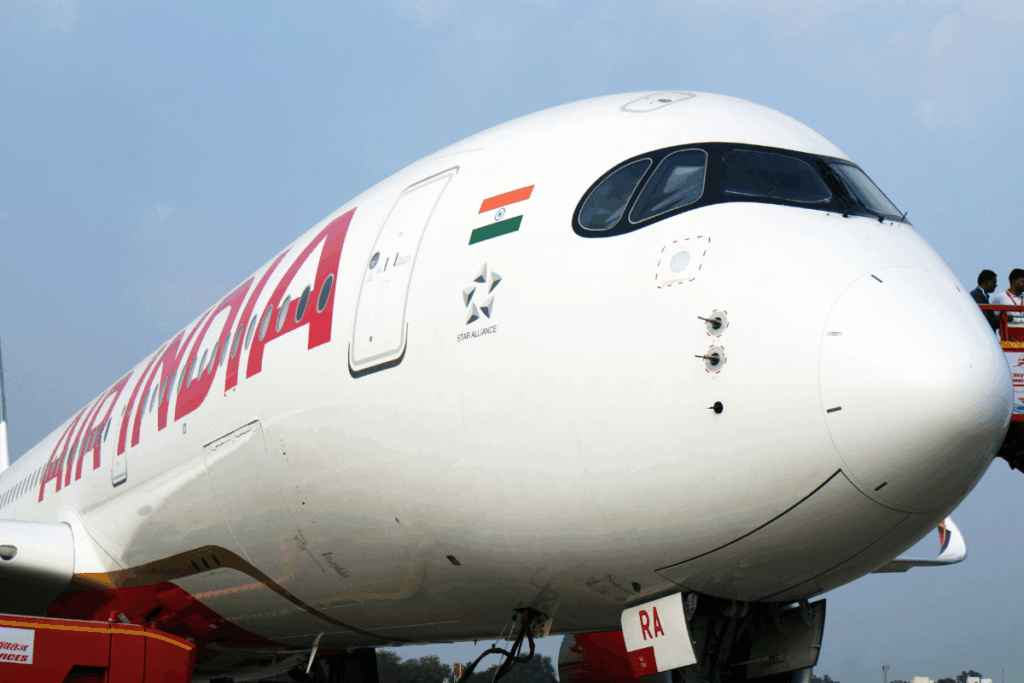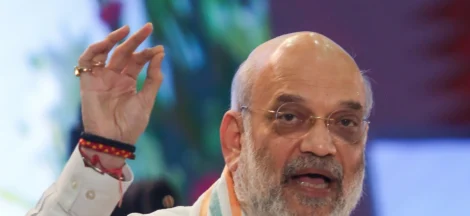An Air India Boeing 777 ferrying passengers from Delhi to Washington, DC, was compelled to remain in Vienna after a routine fuel stop on 2 July uncovered an extended maintenance issue, forcing the cancellation of its onward segment. The return flight, AI104, was also scrapped.
Flight AI103 landed in Vienna as scheduled to refuel after departing Delhi at 00:45 IST. During standard pre-departure aircraft checks, engineers detected a fault that could not be resolved swiftly. Air India’s spokesperson said the maintenance would “require additional time for completion”, prompting immediate cancellation and the disembarkation of passengers.
Passengers facing the halted journey to Washington were offered alternatives, including rebooking on subsequent flights or full refunds. Accommodation arrangements in Vienna were extended to those with valid Schengen or visa-free entry, while others awaited security and immigration clearance.
The ripple effect led to cancellation of AI104, scheduled to return from Washington to Delhi via Vienna. Affected travellers were again offered refunds or placements on alternative services.
Earlier commentary on social media illustrated passenger frustration. Some highlighted long hours on the tarmac without meals, water or clear updates, while others noted relief when rebookings – through Dubai – were offered.
This occurrence follows two significant safety disruptions to Air India in June. On 14 June, a Boeing 777 operating Delhi–Vienna turned back due to abrupt altitude loss shortly after take-off—resulting in both pilots now suspended—and on 12 June, Air India Flight AI171 plummeted into a medical college hostel near Ahmedabad after take-off from that city, causing mass casualties.
Industry analysts argue the accumulating technical snags strain public confidence in the airline’s middle-of-flight reliability. A spokesperson from a European-based aviation oversight body, speaking off the record, noted that unexpected engineering delays during en-route checks can unsettle scheduling buffers, magnifying delays across intercontinental networks.
Inside Air India, efforts are reportedly under way to tighten maintenance protocols. The airline has committed to conducting additional inspections and recalibrating its engineering support network at key transit hubs, including Vienna.
Meanwhile, aviation safety watchdogs in both India and Europe are tracking the series of incidents. The Directorate General of Civil Aviation in India suspended the pilots involved in the Delhi–Vienna incident pending investigation, and European regulators have also mounted reviews, placing the airline’s maintenance records under scrutiny.
The grounding in Vienna has flagged the operational challenges of long‑haul travel that spans jurisdictions. Extended maintenance tasks, even when disclosed during routine checks, can trigger cancellations mid-air when transit hubs lack spare aircraft or local engineering support is delayed.
Passengers have reported that alternative routes are in development, including options via the Middle East. Some are being routed through Dubai, adding more than six hours of layover time before continuing to the United States.
Air India maintains that passenger safety remains the utmost priority. The airline expressed regret, emphasising that its technical teams acted out of prudence when the fault was discovered and assured follow-up with affected travellers.
Vienna International Airport, a key European refuelling point for intercontinental carriers, has had protocols to avoid long ground holds following maintenance. These include offering passengers lounge access, meals, and frequent updates. Vienna ground operators have stated that they complied fully with such obligations during the AI103 operation, though passenger accounts suggest gaps in communication.
The cumulative incidents have sparked wider commentary on Air India’s system-wide resilience and crisis response. With delayed flights and the earlier crash, aviation consultants say the airline must rapidly demonstrate a marked improvement in on-the-ground passenger care, maintenance transparency, and crisis communications to rebuild traveller trust internationally.




 Congress Could Be Named in ED Case
Congress Could Be Named in ED Case 